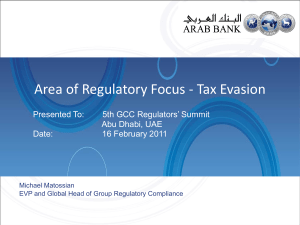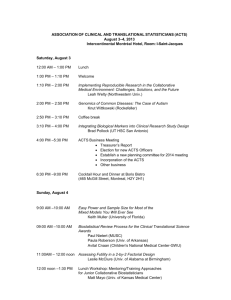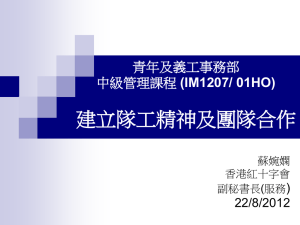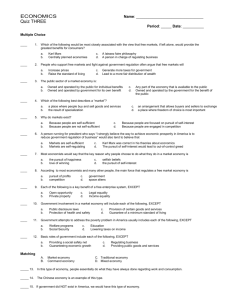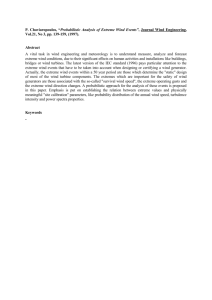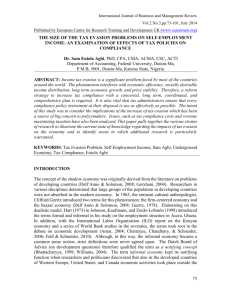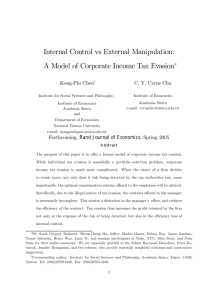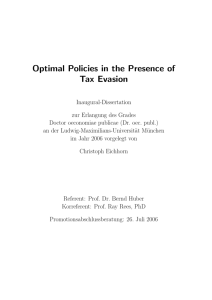1) Title Search and Pursuit/Evasion in the Physical World: Efficiency
advertisement
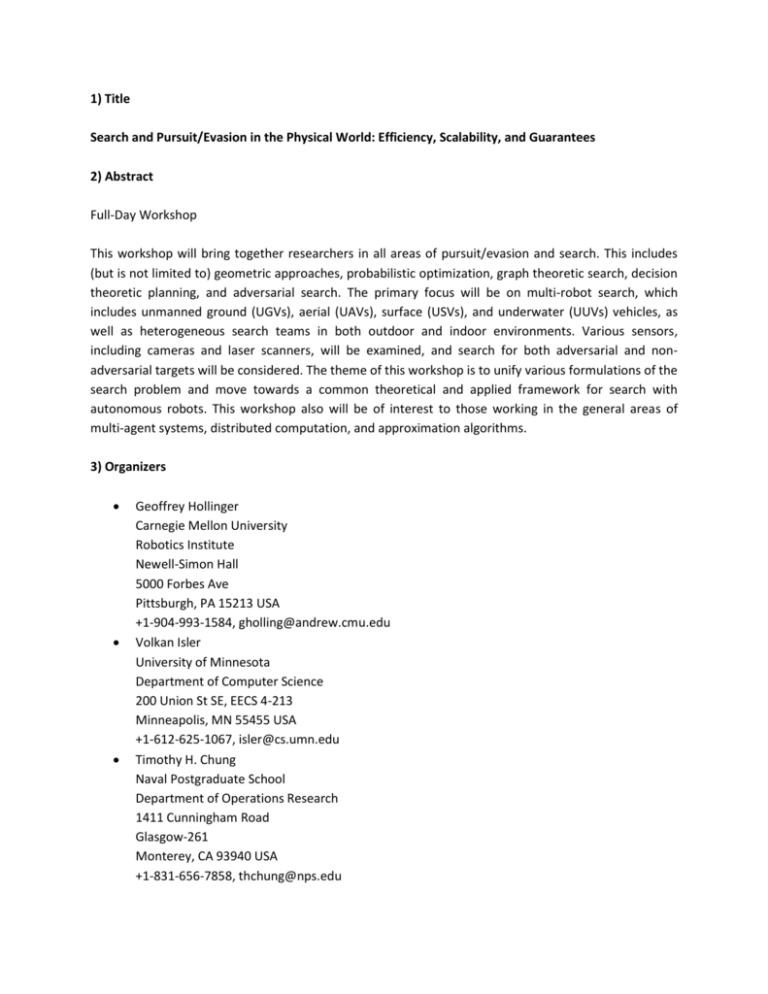
1) Title Search and Pursuit/Evasion in the Physical World: Efficiency, Scalability, and Guarantees 2) Abstract Full-Day Workshop This workshop will bring together researchers in all areas of pursuit/evasion and search. This includes (but is not limited to) geometric approaches, probabilistic optimization, graph theoretic search, decision theoretic planning, and adversarial search. The primary focus will be on multi-robot search, which includes unmanned ground (UGVs), aerial (UAVs), surface (USVs), and underwater (UUVs) vehicles, as well as heterogeneous search teams in both outdoor and indoor environments. Various sensors, including cameras and laser scanners, will be examined, and search for both adversarial and nonadversarial targets will be considered. The theme of this workshop is to unify various formulations of the search problem and move towards a common theoretical and applied framework for search with autonomous robots. This workshop also will be of interest to those working in the general areas of multi-agent systems, distributed computation, and approximation algorithms. 3) Organizers Geoffrey Hollinger Carnegie Mellon University Robotics Institute Newell-Simon Hall 5000 Forbes Ave Pittsburgh, PA 15213 USA +1-904-993-1584, gholling@andrew.cmu.edu Volkan Isler University of Minnesota Department of Computer Science 200 Union St SE, EECS 4-213 Minneapolis, MN 55455 USA +1-612-625-1067, isler@cs.umn.edu Timothy H. Chung Naval Postgraduate School Department of Operations Research 1411 Cunningham Road Glasgow-261 Monterey, CA 93940 USA +1-831-656-7858, thchung@nps.edu 4) Presenters with affiliation and status confirmation Confirmed Presenters David Hsu, Associate Professor, Dept. of Computer Science, National Univ. of Singapore Dinesh Manocha, Professor, Dept. of Computer Science, Univ. of North Carolina at Chapel Hill Gaurav Sukhatme, Professor, Computer Science Dept., Univ. of Southern California Karl Hedrick, Professor, Mechanical Engineering Dept., Univ. of California at Berkeley Nicholas Roy, Associate Professor, Dept. of Aeronautics and Astronautics, MIT Stefano Carpin, Assistant Professor, Computer Science Dept., Univ. of California Merced Seth Hutchinson, Professor, ECE, Univ. of Illinois Urbana-Champaign Sven Koenig, Associate Professor, Computer Science Dept., Univ. of Southern California Tomonari Furukawa, Associate Professor, Mechanical Engineering Dept., Virginia Tech Conditionally Confirmed Presenters Athanasios Kehagias, Assistant Professor, Dept. of Mathematics, Aristotle Univ. of Thessaloniki Brian Gerkey, Research Scientist, Willow Garage Francesco Bullo, Professor, Dept. of Mechanical Engineering, Univ. of California at Santa Barbara 5) List of topics Graph search and theoretical foundations Geometric approaches to search in polygonal environments Adversarial search on discrete and continuous environment representations Game theoretic approaches to coordinated search Bounded approximation algorithms for search Distributed planning and estimation for multiple searchers Analysis of sensing and perception for search Urban search and rescue and emergency response with mobile robots Search with Unmanned Aerial Vehicles and/or Unmanned Underwater Vehicles Combining search and target tracking 6) Motivation and objectives Motivation: The motivation for this workshop is to unify various approaches to search and pursuit/evasion in the physical world. The search problem takes on various forms depending on assumptions made regarding the environment, searchers, and target. The environment may be continuous or represented as a discrete graph. The searchers may have perfect or imperfect sensing, and they may be allowed to move instantaneously or be subject to kinematic or dynamic constraints. The target may be adversarial, nonadversarial, omniscient, and/or capable of moving with bounded or unbounded speed. The target and searchers may have perfect or imperfect knowledge of each other, and capture may be defined as touching, gaining line-of-sight to, or surrounding the target. The organizers of this workshop see a rift between probabilistic search and pursuit/evasion games. Researchers in the probabilistic search community make a non-adversarial assumption on the target and formulate the search problem as the optimization of an objective function related to expected capture time. Good approximations are available for solving this problem using either deterministic or randomized policies. In contrast, pursuit/evasion games are characterized by an adversarial target actively avoiding capture. Game theoretic and graph theoretic solutions exist for determining the number of searchers necessary to find a target and for generating strategies to guarantee capture. Despite the obvious similarities, probabilistic search and pursuit/evasion games differ significantly in their formulations, assumptions, and solutions. This workshop seeks to define the state-of-the-art for both probabilistic search and pursuit/evasion games and to move towards a unified framework. This unified framework will be essential for robots to find both adversarial and non-adversarial targets in unstructured environment in the physical world. Objectives: 1) The main objective is to bring together researchers from the probabilistic optimization community with those working on theoretical graph search. This will help to move towards a unified approach to the search problem with mobile robotic agents. 2) In addition, this workshop will define the state-of-the-art for approximation algorithms in both non-adversarial and adversarial search. 3) New avenues of research will be discussed and evaluated for theoretical and applied pursuit/evasion and search. 4) The final goal is to bring more researchers into the pursuit/evasion and search community. This is particularly true for those interested in multi-agent coordination, distributed systems, and approximation algorithms 7) Primary/secondary audience Primary audience: Those working in pursuit/evasion and search with unmanned ground (UGVs), aerial (UAVs), surface (USVs), and/or underwater (UUVs) vehicles. Secondary audience: Anyone interested in probabilistic optimization or graph search. Researchers with interest in multi-agent systems, distributed computation, and approximation algorithms. 8) Relation to previous ICRA and IROS workshops To our knowledge, this is the first search and pursuit/evasion workshop at ICRA or IROS. However, there have been several related workshops at previous ICRA meetings: The “Robotics for Disaster Response” workshop at ICRA09 included presentations on urban search and rescue topics. Our proposed workshop will include talks on the current state-of-theart in urban search and rescue, which will extend this theme. The “Cooperative Control of Multiple Heterogeneous Unmanned Aerial Vehicles for Coverage and Surveillance” as well as the “Unmanned Air Vehicles: Civilian and Commercial Opportunities” workshops at ICRA08 dealt with many problems related to pursuit/evasion and search on aerial vehicles. Our proposed workshop will focus on the search problem and will incorporate a wider range of unmanned vehicles.
